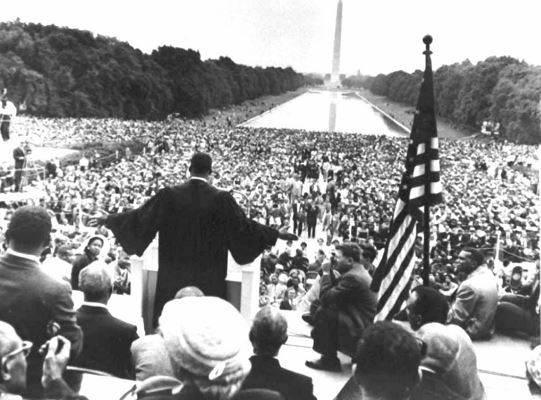“All men are brothers” MLK JR.
Ron Schmidt
I have been critical of Mankato Area School Board equity framework and more recently policy 466, or at least the part referring to, “placing American Indian educators at sites with other American Indian educators and educators of color at sites with other educators of color.” (Page 4) It also includes race-based pay and affinity groups for teacher mentors. I also disagree with the Freepress editorial that said, “When King spoke eloquently about judging people by the “content of their character,” he likely was not speaking about discrimination against white people.” Perhaps the Mankato Freepress has these views after reading MLK’s essay, “Letter to Birmingham Jail.” But read all the sermons he gave. You’ll find dozens of examples of him framing the Civil Rights movement in nonracial, universalist terms. These are the words of Martin Luther King Jr, which I relate with:
“As I stand here and look out upon the thousands of negro faces, and the thousands of white faces, intermingled like the waters of a river, I see only one face––the face of the future.”
“All men are brothers”
“We do not wish to triumph over the white community. That would only result in transferring those now on the bottom to the top. But, if we can live up to nonviolence in thought and deed, there will emerge an interracial society based on freedom for all”
“As the human rights movement becomes more confident and aggressive…we will not ask our neighbor’s color but whether he is a brother in the pursuit of racial justice”
“In an effort to achieve freedom…we must not try to leap from a position of disadvantage to one of advantage…Our aim must not be to defeat or humiliate the white man. We must not become victimized with a philosophy of black supremacy”
Ron Schmidt
Mankato FreePress:
Editorial by newspaper: https://www.mankatofreepress.com/opinion/editorials/our-view-education-diverse-teacher-recruitment-pays/article_03b84230-6ffb-11ec-91e3-83fa0c338601.html
“Some elected leaders have even twisted this description into one Martin Luther King Jr. would support. That’s a convoluted and disingenuous interpretation of King’s philosophies. When King spoke eloquently about judging people by the “content of their character,” he likely was not speaking about discrimination against white people.” Mankato FreePress
Public Discussion is Lacking in School Policy Creation
It is never acceptable to threaten or harass an elected official. However, disagreements and debates about important policy changes are important to democracy.
Having diverse and transparent conversations, where all stakeholders within our community are invited to participate is an important function of a healthy community.
I was recently invited to a private meeting to address my concerns about Mankato Area Public Schools policies. During this meeting, I pointed out that state statute 122A.70, said, “may include,” prior to the section addressing affinity groups and pay based on race, and thus they were not required to include this section in MAPS policy 466.
The director of administrative services acknowledged they could exclude the section but at the school board meeting, said they were “obligated” to pass the full policy. Neither of the school board members on the policy board questioned these remarks, nor did the superintendent.
As residents we should not tolerate a school that judges their students and staff based on their racial identity. By viewing every facet of society through the lens of skin color and race, we are desecrating the legacy of Dr. Martin Luther King Jr.
It is not only concerning that school administration suggests discriminatory policies to the school board, but also does not openly announce discussion about such policies.
In July, they passed an equity framework, which says, “a racial equity lens is a vital decision making tool, at the policy and practice level.” A decision based on surveying 117 “stakeholders.” Their current decision was passed with even less input.
Every community stakeholder has a right to be upset that decisions are being made when they are never consulted.
Elizabeth Hanke
Mankato


